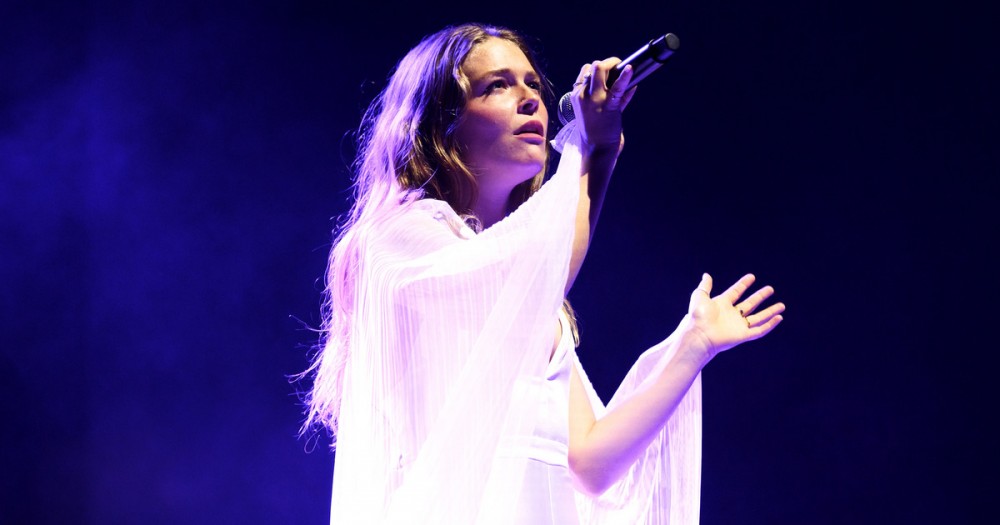For Your Consideration: Maggie Rogers, Grammys Best New Artist Underdog
When the lights dim and someone tall and famous and glamorous opens the envelope for Best New Artist at the Grammys on Sunday night, they will probably twist their lips to say the name we all expect: the teenage sensation Billie Eilish, whose horny-emo thumping pop music has earned her many a trophy and the esteemed “Jesus Christ just repeat it until my ears slide off my face” status in my Spotify history. That will be good and fine — William Eyelash Curler has earned her throne! (I cannot prove this, but I do believe that I came up with that joke before Rainn Wilson did in that one viral video.) But I must pick up my pen to celebrate the worthiness of another nominee: Miss Maggie Rogers.
Here is how I discovered Maggie Rogers: A boy I was talking to kept posting on Instagram about someone named Maggie Rogers, and I thought, Well, well, well, which bitch is this! I am turned off by earnestness and sincerity, mostly because I am emotional and feel things too much and all the time and find this personally very embarrassing. Most of Maggie Rogers’s songs are love stories about falling in love with yourself, about being all right, about confronting your desires. And it feels like there’s a good chance she’s wearing Birkenstocks and vintage Levi’s while she’s doing these inspiring adult things — let’s applaud a relatable Julia Roberts heroine.
Heard It in a Past Life is an album about the fissures that erupt while your life is changing. It’s not easy growing up, taking responsibility for yourself, taking stock of the things you need to outgrow. “Give a Little” and “Light On” are about being intentionally vulnerable, tender, and open. Relationships, romantic and platonic, go through seasons of interpersonal and intrapersonal shifts — “Alaska” provides a vivid visual image of walking off you, walking off an old me. There’s a sense that Rogers is singing a new self into existence, repairing her own heart. “Take me through this wild time,” she sings on “On + Off”; “And I am reckoning / Oh, here I am, settling, freaking out,” she cries out on “Retrograde.” More than once I’ve thought “Say It” would perfectly soundtrack a story of horny, adolescent love — it’s a record about acknowledging your desire, both in its intensity and its wildness, and seeing how unequipped you are to communicate it, because you’re not really sure what it is, only that it’s so real.
I joke about Maggie Rogers a lot online, mostly how she makes me want to do insane, VSCO-girl things like live in a house with a wraparound porch or pitch a tent and sleep outside or buy a wolf and keep it as a pet. The most repeated image, though, is of movies about newly liberated women, movies like Waiting to Exhale and Under the Tuscan Sun, where women are returned custody of themselves. Rogers is an able vocalist, but most of her songs are imbued with the same screamy freedom, like the howl the women at the end of Support the Girls let ring out across their parking-lot fiefdom. Maggie Rogers sounds like painting my bedroom walls gallery white, buying plants, suddenly believing in the power of buying small, useful things. She is growing up and growing into herself, making big declarations (“If you lie to me, I’m gone”) and small, intense promises (“This time, I know I’m fighting”). Every record is about a realization that’s won against some former, wilder, younger self.
